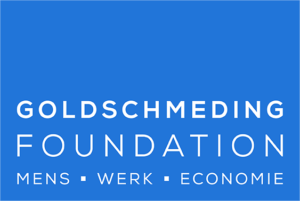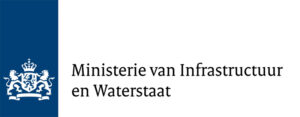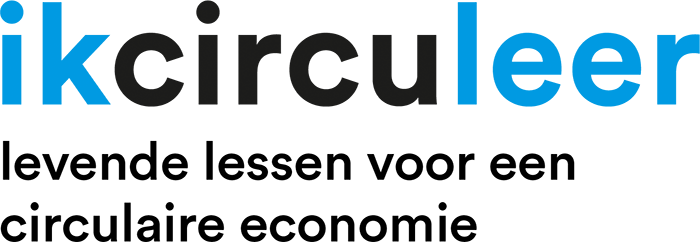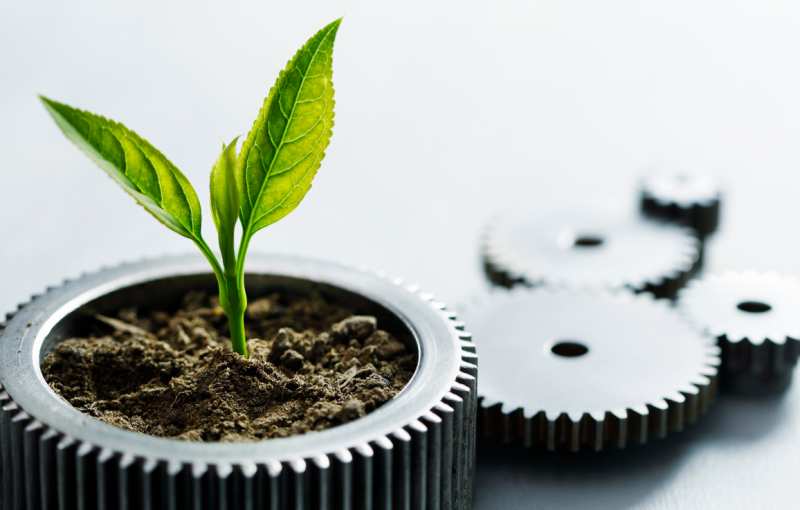Repair Skills
- Introducing a new vmbo exam subject: Repairing
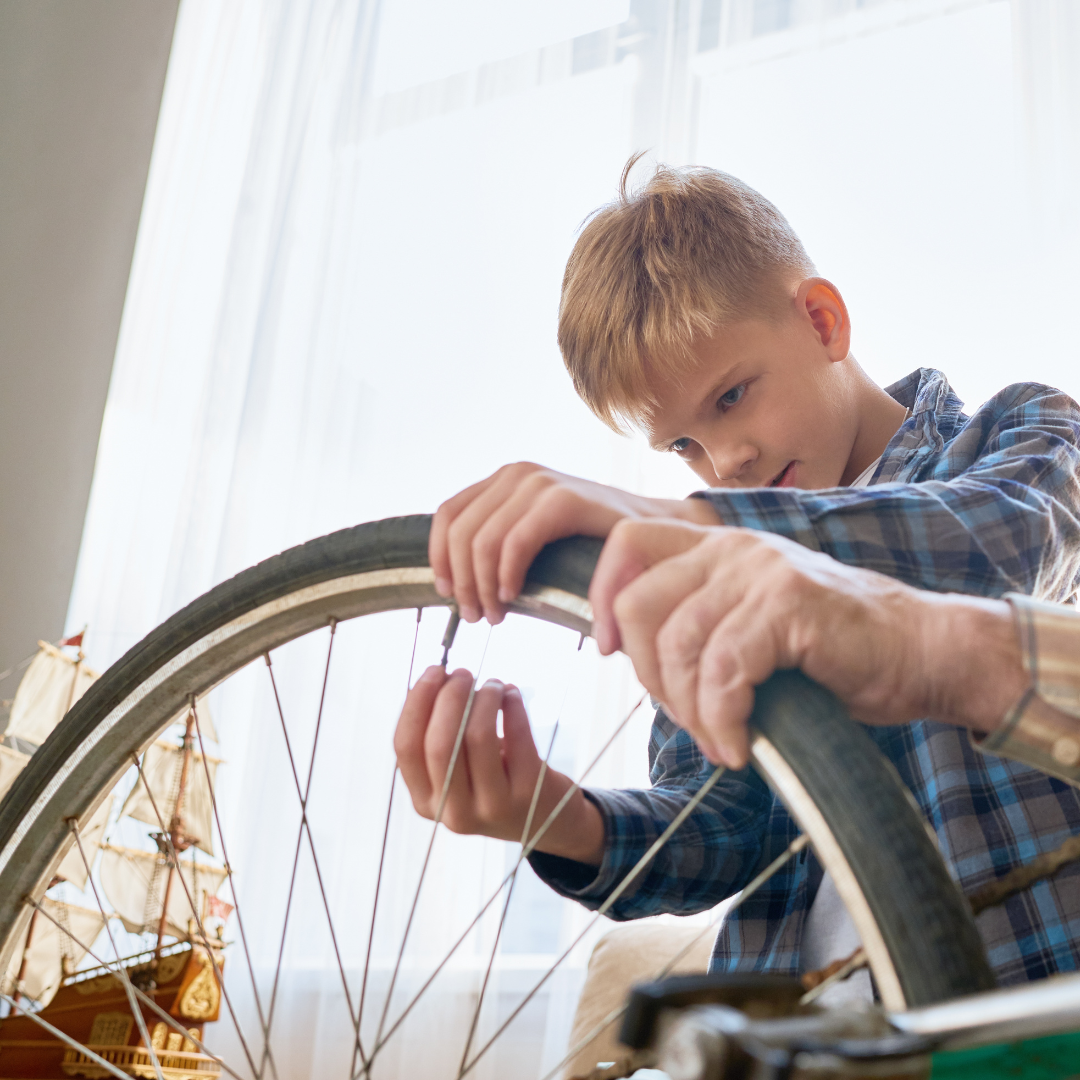
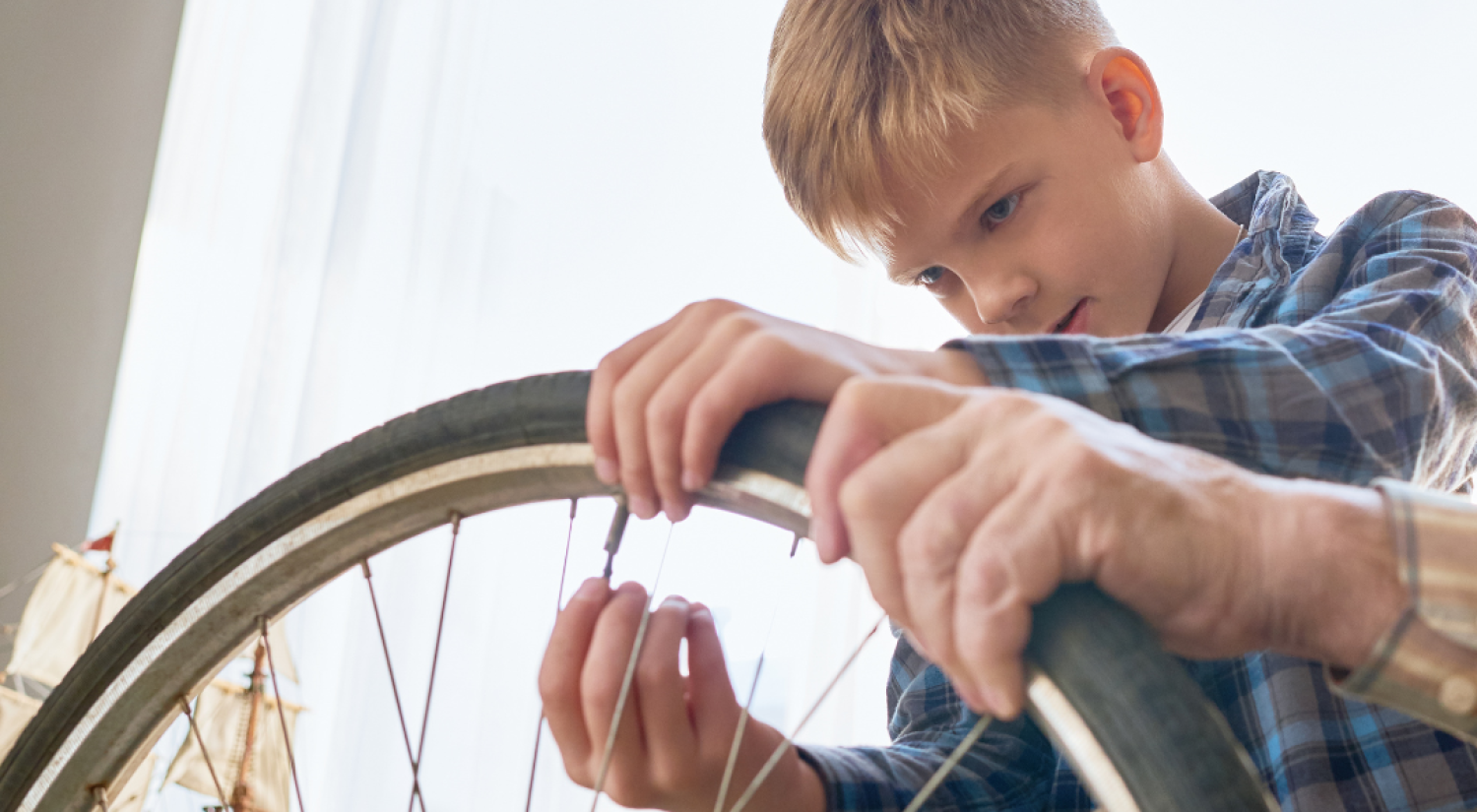
The Netherlands wants to be a fully circular society by 2050; by 2030, the government aims for 50 percent circular. This is necessary to meet the Paris climate goals. In a circular economy, raw materials are reused over and over again. Existing products are repaired so they can be used longer in their original function. But even after that, they need not be burned as waste. Many products can still be used in another function, or parts can be reused to repair other products. So repair is becoming increasingly important.
The importance of repair skills
Therefore, in the circular economy of the future, there will be a great need for people with repair skills, people who can work with their hands. This poses quite a challenge to society. If there is one activity that has disappeared from most people's daily lives in recent decades, it is repairing, tinkering, maintaining your things. Which child still regularly cleans his bicycle, fixes his own flat tire, reattaches the leg of his stuffed animal with needle and thread, gets along with a soldering iron, a sewing machine, a jigsaw?
Fewer and fewer children are learning these skills from their parents. And even at school, there is hardly any more attention to making education and working with your hands. Learning at school has increasingly become synonymous with learning from books, learning with your head. This is unfortunate for all children and young people - not just those who are less keen on learning with their heads. Because working with your hands trains fine motor skills. Performing a repair stimulates creativity, forces a person to concentrate and find a solution to a problem within certain limits.
Repairing in education
So it's high time to bring these skills back into education! With this project, we therefore introduce an optional course in Repairing for the secondary school. We start with this level of education because sustainability is already a core aspect of the exam program. Also, repairing fits perfectly with the hands-on work with real issues that vmbo is so strong in.
This trade is aimed at young people who are likely to enter manufacturing professions after leaving school. The trade aims to introduce them to repair at an early stage so that they can discover their talent or interest in time and take it into account when choosing an advanced education.
Read more at Repareren.nuWant to know more?
Want to know more about this project? Then please contact Liedewij de Graaf from Circulate, or read more on the repair.nu website.
Join Sustainability Skills!
Below we tell you how to join the program.
- Would your organization like to join one of the existing regional collaborations (Friesland; Flevoland; Utrecht; South Holland; Rotterdam)? If so, please contact Daan de Kruijf at daan@lerenvoormorgen.org.
- Does your initiative connect education, business, government and researchers at the regional level? And would you like to join the program to develop and/or grow this initiative? We would like to get to know you better. Fill in this questionnaire and we will contact you within 7 business days!
- Stay informed? Sign up for the newsletter!
Agenda
Inspiration/News
Podcasts
No results found.
Knowledge
More Projects
No results found.
